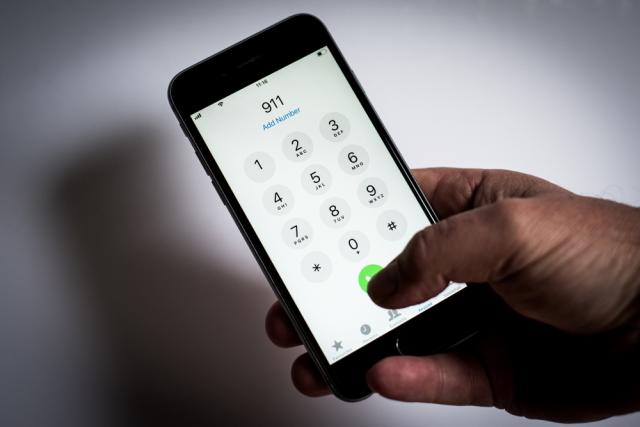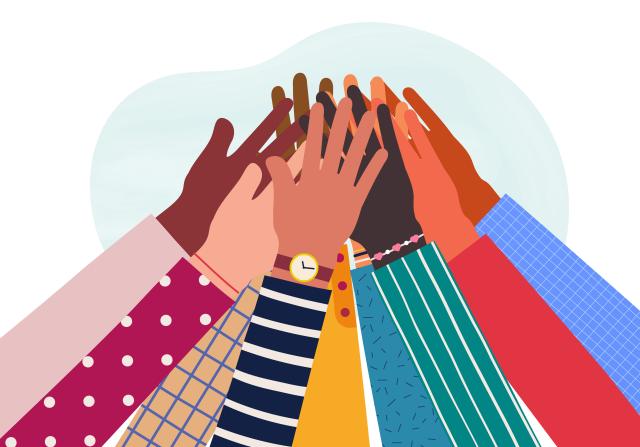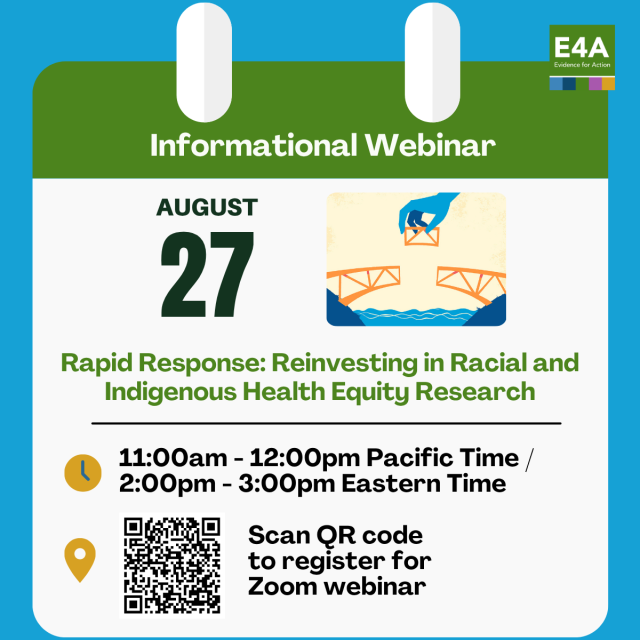Rapid Response: Reinvesting in Racial and Indigenous Health Equity Research

A new call for proposals heralds a second round of funding for those whose racial and Indigenous health equity research has been interrupted due to federal funding shifts. The “Rapid Response: Reinvesting in Racial and Indigenous Health Equity Research” call for proposals launched today with a total of $5M in funding available! Applicants who were not funded in the first round may be eligible to apply again. Please register for our informational webinar that will be held on August 27, 2025 at 11:00am PACIFIC / 2:00pm EASTERN.
We want to acknowledge and express gratitude to everyone who applied under the previous round of Rapid Response and New Research Support applications from the Research to Advance Racial and Indigenous Health Equity Call for Proposals. Without exception, the proposals we received demonstrate deep care and commitment to the well-being of Indigenous Peoples and communities of color. We recognize and appreciate the significant thought, time, and energy invested in developing submissions to this solicitation.
Special Request for Journal Editors & Publishers

We are seeking input from social science academic journal editors and publishers as we continue the development and refinement of an action plan first begun during the Ways of Knowing Symposia Series. The goal of the symposia and resulting action plan is to cultivate a more holistic appreciation of the different ways people understand the world and foster a more inclusive and equitable standard for health equity research.
Please respond to this email or contact us at evidenceforaction@ucsf.edu if you, or someone you know, is interested in participating in a brief one-on-one conversation to share your unique insights about how to transform the health science knowledge system to support health equity research. We are greatly appreciative of your time and consideration!
What We're Reading
In a time when inclusive resources are vanishing, digital accessibility isn’t optional, it’s essential. Accessibility benefits everyone, including people with disabilities or who have individual needs or preferences. In RWJF’s blog, “A Guide to Accessible Digital Content,” learn how to create accessible, inclusive digital content featuring tips on readability and visual design.
What We're Learning

|
Robust evidence and input from community members are essential in implementing non-police response programs. In their recent brief, grantees from Ohio State University provide evidence and guidance for policymakers toward making decisions about alternative response models.
Latest E4A Blog Posts

| 
|
| E4A's Summer 2025 Reading List | Supporting the Next Generation of Racial and Indigenous Health Equity Scholars |
Featured Applicant Resource
Register for our informational webinar where E4A staff will introduce the new round of funding, Rapid Response: Reinvesting in Racial and Indigenous Health Equity Research. August 27, 2025, 11am - 12pm PDT | 
|
Other News & Events
Research to Support the Health and Safety of Our Communities: Where Do We Go From Here?
Evidence for Action’s Deputy Director, Dr. Erin Hagan, will be a featured speaker at the Clinical and Translational Science Institute, SFBay Collaborative Research Network, and IMPACT Program annual conference on September 9th at the UCSF Mission Bay Conference Center. This year’s conference theme is, Research to Support the Health and Safety of Our Communities: Where Do We Go From Here?
Brokering Data and Research Partnerships for Public Good: A Film Series from Health Data for Action
Data has the power to drive change—but only if people can access it.
Access to rich data is a cornerstone of producing timely evidence. Yet this access often comes with high costs, lengthy and complex approval processes, and data use restrictions that can delay or limit research, especially for projects with limited funding. That’s why the Robert Wood Johnson Foundation (RWJF) tapped AcademyHealth to manage Health Data for Action (HD4A). This program made access to big datasets available to researchers through competitive calls for proposals.
Today, AcademyHealth is launching a five-part interview series, featuring RWJF and AcademyHealth staff, grantees, and data providers to reflect on the journey to democratize data through HD4A and how the funded research generated actionable insights to create fairer, more effective health solutions that work for everyone. The first interview features Kathy Hempstead, senior policy officer at RWJF, and Megan Collado, senior director at AcademyHealth and HD4A program director, as they share how they brought the vision of this program to life and what they’ve learned in the decade since.
Partners for Advancing Health Equity Summit

Save the date! Partners for Advancing Health Equity is hosting a two-day summit, "Collaborative Strategies for a Better Future” in Montgomery, Alabama December 3 - 5, 2025. Participants will have the opportunity to reflect and consider how place, history, and community leadership can inform national strategies for health equity. The Summit will prioritize collaborative working sessions for peers across sectors to engage, co-develop tools, and leave with actionable insights for advancing health equity goals through institutional and policy pathways.
The Summit is hosted in partnership with Alabama State University, ensuring that both national expertise and local community perspectives shape the experience. Co-sponsors include Evidence for Action, Transforming Academia for Equity, and Community Campus Partnerships for Health.
Registration page to come in mid-September.